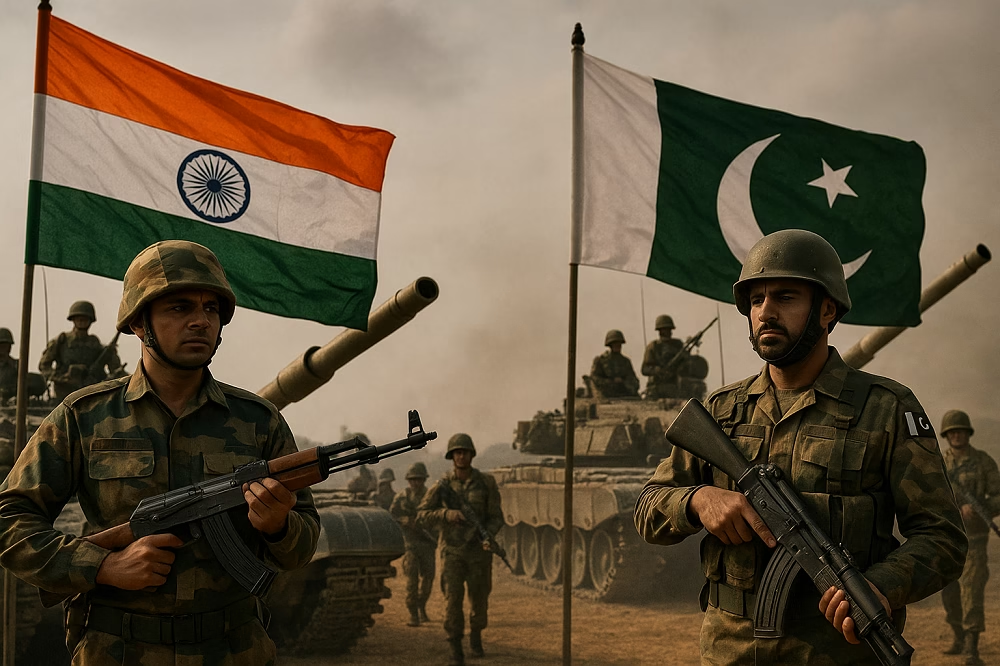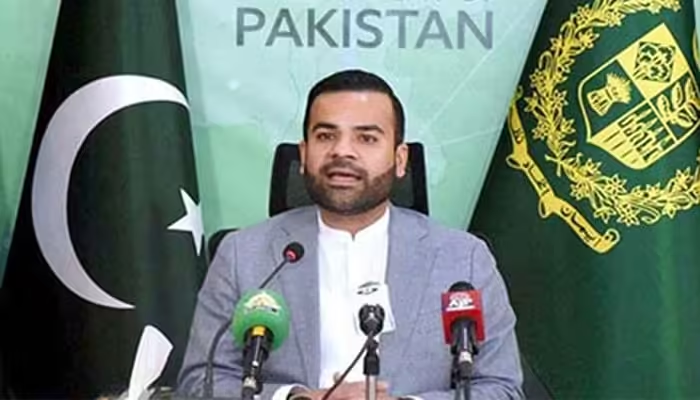In a significant development following one of the most intense flare-ups in recent decades, Pakistan and India are reportedly scaling back their military presence along the border. This comes after four days of high-stakes conflict earlier this month that saw the use of fighter jets, missiles, drones, and artillery—marking the worst confrontation between the nuclear-armed neighbors in years.
General Sahir Shamshad Mirza, Chairman of Pakistan’s Joint Chiefs of Staff, confirmed to Reuters that both militaries have initiated a drawdown and are nearing the troop levels that existed prior to April 22. That date marked the beginning of this crisis, triggered by a deadly attack in Indian-administered Kashmir that killed 26 people, mostly tourists. India accused Pakistan-backed militants of orchestrating the attack—a claim Islamabad has strongly denied.
The Indian response came swiftly on May 7, with missile strikes targeting what it called “terrorist infrastructure” across the border. Pakistan responded with force, leading to rapid militarization on both sides of the frontier. A ceasefire was eventually declared, but the region remained tense.
Speaking from the Shangri-La Dialogue in Singapore, General Mirza warned of increased future risks. “Nothing happened this time,” he said in reference to nuclear escalation. “But you can’t rule out a strategic miscalculation when a crisis is active.”
What sets this conflict apart is its geographic scope—it wasn’t limited to the disputed Kashmir region. Both sides launched attacks on mainland military installations, signaling a dangerous new trend. “Future conflicts may not remain contained. They could engulf both nations entirely,” Mirza said.
The stakes are particularly high considering the historical context. India and Pakistan have fought three major wars—two over Kashmir—and countless skirmishes since 1947. India continues to blame Pakistan for fueling insurgency in Kashmir, while Pakistan insists it only offers political and moral support to the region’s residents.
Indian Prime Minister Narendra Modi has vowed swift retaliation for any future cross-border attacks, stating India will not hesitate to target “terrorist hideouts” in Pakistan again. While New Delhi maintains that all peace talks must be bilateral, Mirza expressed concern that international crisis intervention may become harder. “The window for global diplomacy will be too short. Damage could occur even before mediation begins,” he warned.
Although Pakistan has expressed openness to dialogue, communication remains minimal. Outside of a crisis hotline between the two militaries, there are no active diplomatic or backchannel talks. Mirza also confirmed there were no planned meetings with his Indian counterpart, General Anil Chauhan, who is also in Singapore.
Mirza’s concluding message was clear: “These issues cannot be solved on the battlefield. Only dialogue and diplomacy can pave the way forward.”
As both nations de-escalate militarily, the question remains whether they can avoid a similar or worse conflict in the future—or if the next spark might ignite something even more dangerous.



